Exploring the Military History and Symbolism of Morale Patches
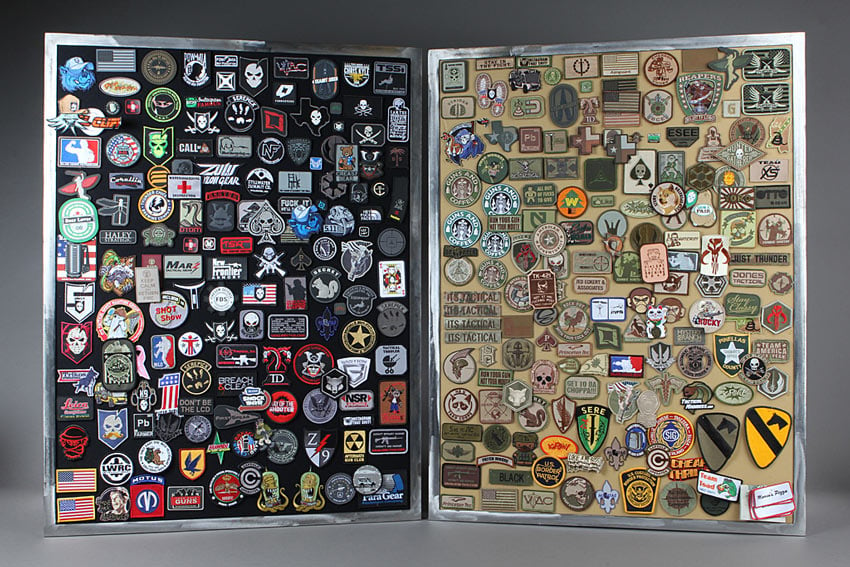
The military is always looking to boost morale and build unit pride (esprit de corps) and while there are more than a few ways to get it done, one that seems to be increasing is the use of morale patches. Morale patches are similar to standard military unit designators, but are non-sanctioned and unofficial. These morale patches are typically irreverent or humorous and either support a different view of a unit/job, or poke fun at other aspects of the military.
Morale patches by their very nature have been kept quiet over the years as units kept out of trouble with regulations. It’s believed that the current crop of patches got their start from other, older elements. In WWII, aircraft nose art was a popular way to add a little personalization to a crew. These art pieces gave the aircraft a life of its own as the face of the always “female” airframe they entrusted their lives to with each mission.
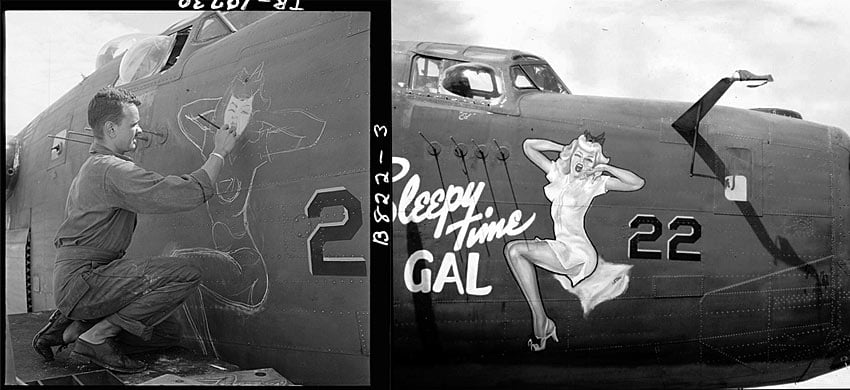
Years later, Velcro made it possible to quickly remove distinctive markings for fliers downed in combat. The patches got easier to wear selectively as well and offered the wearer a quick way to add or remove a little piece of personal pride.
While the troops in the air seem to have started this idea, the gang on the ground found ways to express themselves as well. From WWII to the Vietnam War, helmets were also used to creatively include personal markings.
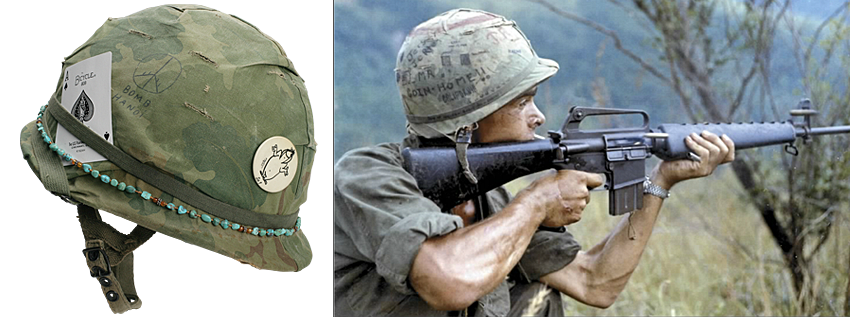
From peace symbols and skulls to “death cards” stuck in the bands, here again was a place for the uniform to get a little personality. There’s even evidence of hand stitched patches being made in the late 1960’s for special operations groups that didn’t have formal commands.
Jumping to today, uniforms for most branches utilize Velcro on everything including backpacks, bags and hats. It’s easy to see how a clever soldier could affix a morale patch and then just as easily remove it while in more strict company.
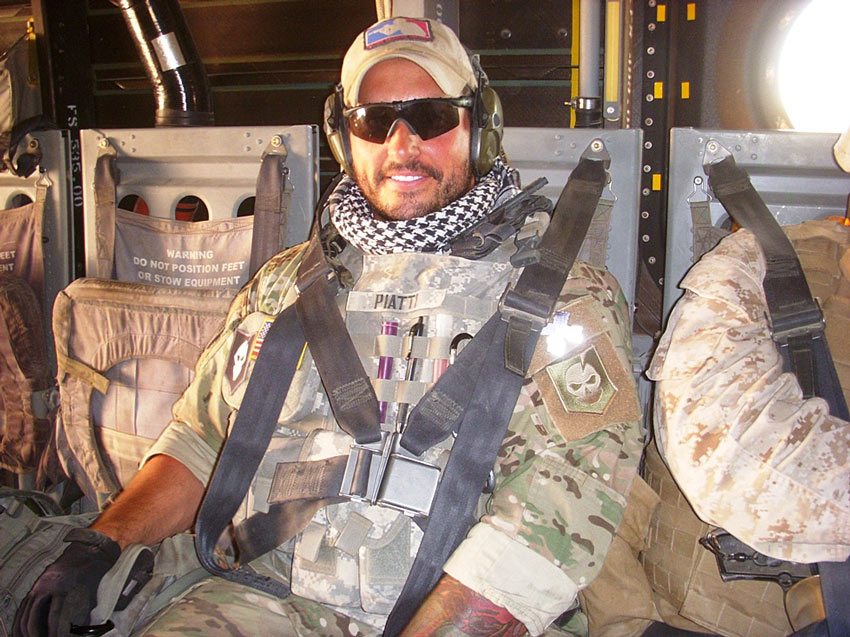
These days there is a myriad of patches available from helpful medical types (blood type or allergies) to stuff your mom wouldn’t want to see you wearing during a live field report on the news. The morale patch is mostly meant as a stress reliever. It’s to get a laugh or start a conversation in a place and time when either is a welcome break from the day to day stress of combat operations.
Veteran Pride
Morale patches are most prevalent in the military veteran community. Worn on hats and jackets long after the uniform is retired, veterans use these patches as a mark of pride, pointing out specialty jobs, dates of service, conflicts and anything else they are particularly proud of, or feel strongly about. Some patches are so distinctive in character that they are given out as recognition from active units to veterans, family and friends.
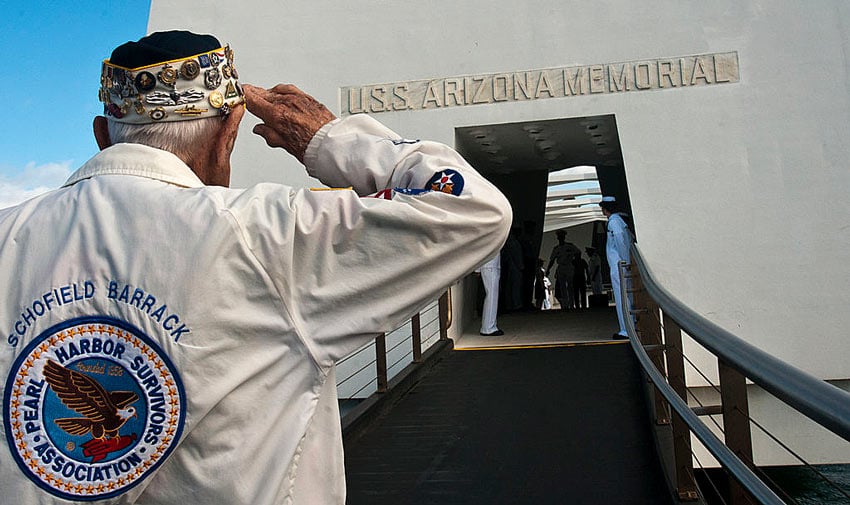
Some morale patches aren’t patches at all but pins from patch designs which have been created to be more easily worn. These symbols act as identifying marks; a living resume of who the bearer is, where they’ve been and what they’ve been through. Next time you find yourself near some veterans, take a moment and scan the hats, jackets and of course leather vests and see what you find. If you look closely enough, you can get quite a history on the individuals you’re sharing company with before ever being introduced.
Symbols are a powerful thing in the military and for those who find it hard to express themselves, something as simple as a patch or a pin can do a lot of talking and even help to find a friendly face in a crowded street or room.
Editor-in-Chief’s Note: We’d like to thank Mark Christianson for taking the time to research and share the history of morale patches. Mark is a former U.S. Army Paratrooper with the 82nd Airborne Division and has served in support of Operation Just Cause in Panama as well as Operation Desert Shield and Desert Storm. He also has a love for gaming and is the founder of Off Duty Gamers.
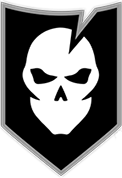





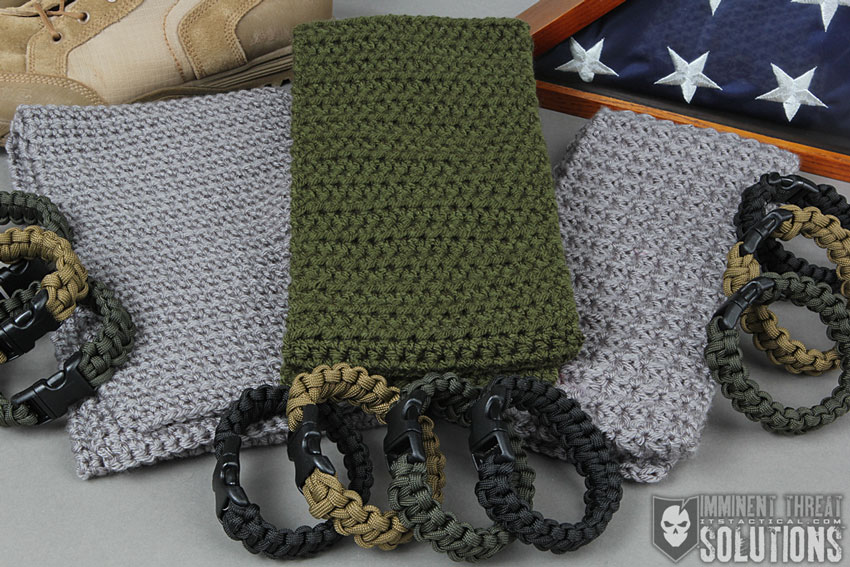
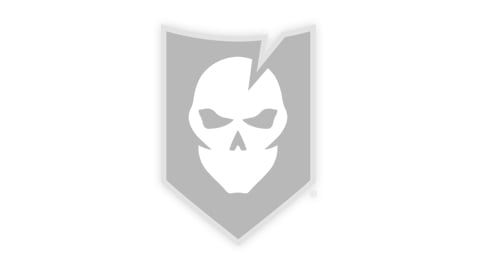
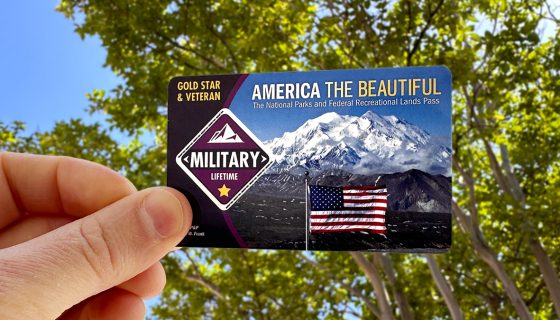
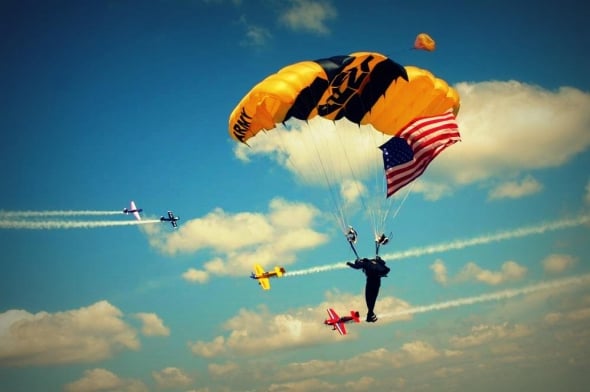

Discussion